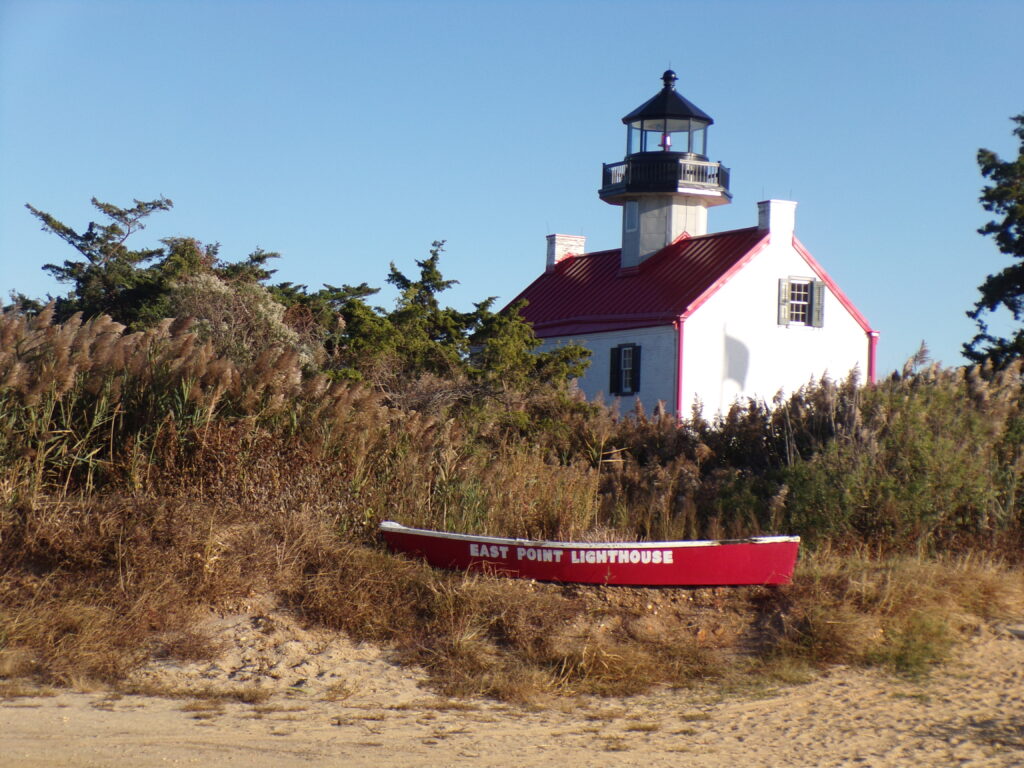Eliminating CSOs: An Infrastructure Imperative

The discarded syringes that recently washed up on the beaches of Monmouth and Ocean Counties highlight the need to eliminate combined sewer and stormwater outflows (CSOs). There are 20 communities and eight sewage treatment authorities with 217 CSO outfall pipes across New Jersey that can overflow with raw sewage, runoff pollution, and garbage such as syringes and tampons whenever it rains a twentieth of an inch or more. The crisis is greatest in older cities in northern New Jersey counties extending from Middlesex to Bergen, where antiquated systems rely on pipes that do triple duty, carrying storm water, domestic sewage, and industrial waste. As a group, when they are overwhelmed by the combination of sewage and stormwater runoff, they discharge upwards of 23 billion gallons of this toxic brew annually into rivers and bays. Some of this effluent finds its way to Monmouth and Ocean County beaches.
This untreated wastewater contains human and animal waste, oil, pesticides, toxic contaminants, and floatable materials and is the primary source of pathogens in the New York/New Jersey Harbor Estuary and the Delaware River basin that can cause skin, respiratory, ear and eye infections as well as diseases such as gastroenteritis, hepatitis, and dysentery. Swimming, splashing, wading, kayaking or fishing in the affected rivers, bays, and ocean waters is therefore dangerous, which is why beaches must be closed. The wastewater also poses a threat to drinking water supplies and impairs the viability of aquatic habitats, requiring shellfish harvesting and fishing restrictions and causing occasional fish kills.
In 1989 I was the Senate sponsor of a $50 million Stormwater Management and Combined Sewer Overflow Abatement Bond Act that was approved by the New Jersey electorate. Unfortunately, little was done with this resource by the Department of Environmental Protection (DEP). In 2013, NY/NJ Baykeeper and Hackensack Riverkeeper sued the DEP to bring the nation’s worst CSO regulatory program in line with the national Clean Water Act. Although the DEP issued stricter permit requirements to be followed by sewer authorities in 2015, there has been limited progress. At Baykeeper’s urging, many authorities, municipalities and community groups have adopted “Green Infrastructure” technologies such as rain barrels, cisterns, rain gardens, green roofs, bioretention basins, vegetated swales, and permeable pavements. Their objective is to allow rainfall to infiltrate into the soil, recharge aquifers, and stop stormwater from ever reaching the sewers. While helpful, these approaches cannot prevent the combined sewage systems from being overwhelmed when storms and heavy rains cause higher than normal runoff and urban flooding. So far, the worst example of what can happen was the inundation of waste-water treatment plants by Hurricane Sandy, which sent more than 10 billion gallons of raw and partly treated sewage into the streets, rivers, canals, and bays. The recent arrival of syringes and tampons on our beaches is a warning that we remain vulnerable to this type of pollution.
The time has come for a major investment in New Jersey’s wastewater treatment infrastructure. It is now imperative to spend tens of billions of dollars on traditional and advanced engineering approaches known as “Gray Infrastructure”, such as sewer separation, satellite holding and/or treatment facilities, sewer plant expansion, nonpoint pollution controls, and “end of pipe” netting, screens, and treatment. Earlier this year, Baykeeper warned the DEP that the timelines presented in the plans most recently submitted by sewer treatment permittees have CSO elimination stretched out over the next twenty to forty years. This is simply unacceptable. Instead of fixing the problem, it merely passes it on to the next generation. Given the increased rainfall and rising sea level caused by climate change, it is urgent that a major investment be made in eliminating CSOs. Now is the time for New Jersey’s congressional delegation, state legislators, Governor Murphy, and the DEP to address CSO remediation in a manner that acknowledges the urgency of the situation.
John D'Amico is a former Monmouth County Commissioner, State Senator, and retired Judge of the Superior Court and is Chairman of the NY/NJ Baykeeper Board of Trustees.





